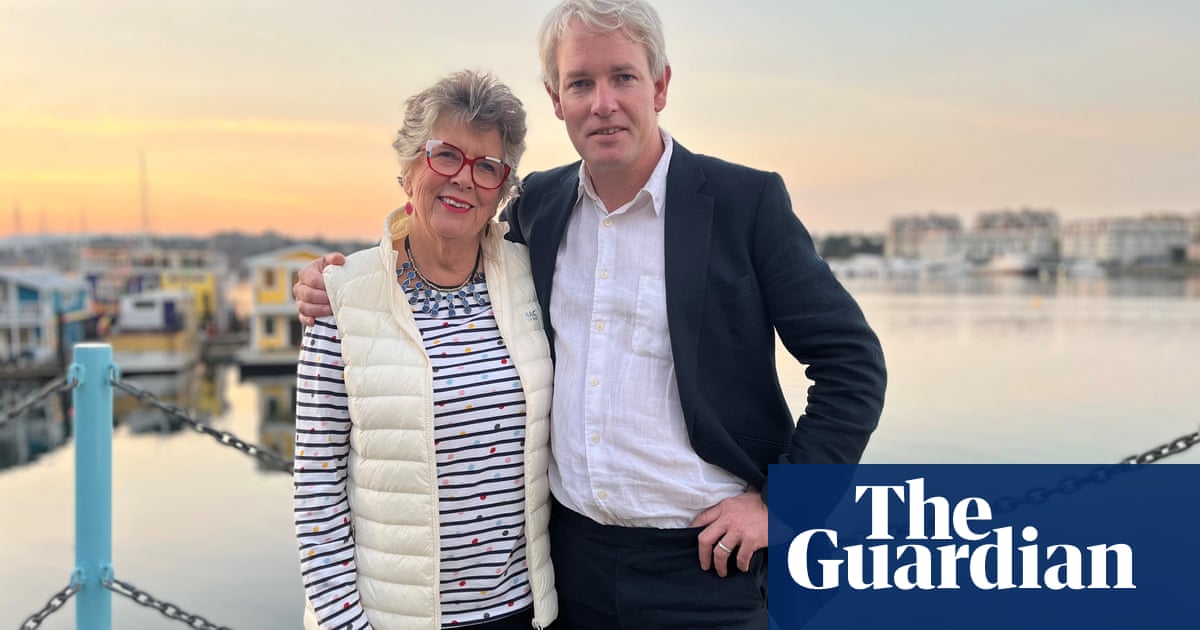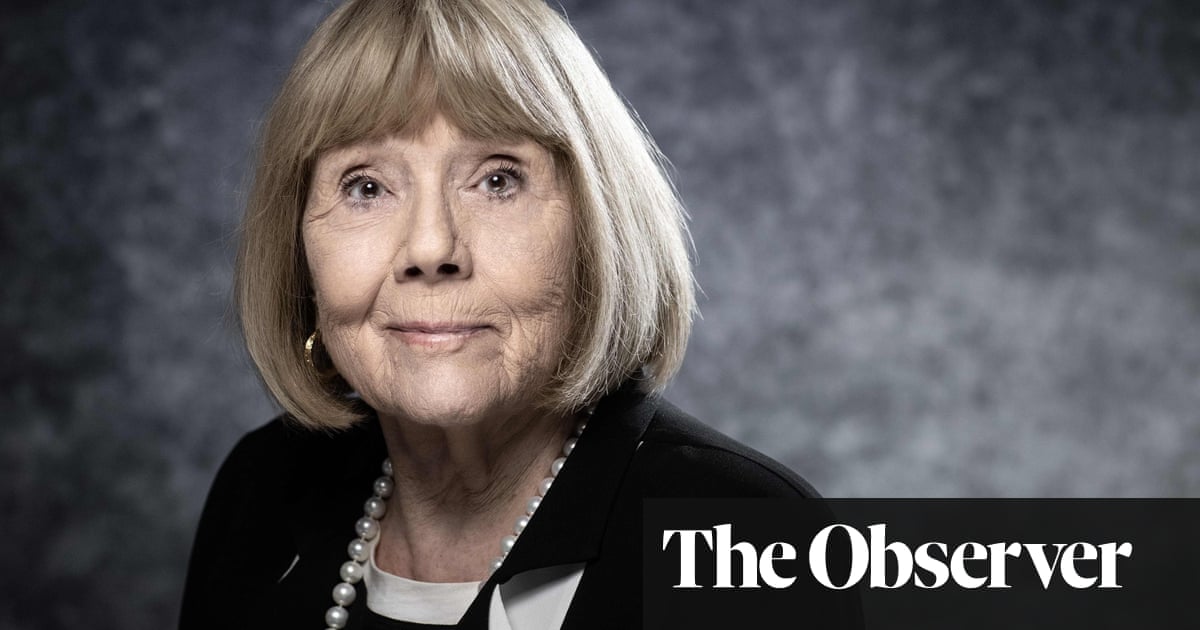
The former prime minister Gordon Brown has declared his opposition to the legalisation of assisted dying, saying the death of his newborn daughter in January 2002 convinced him of the “value and imperative of good end-of-life care”.
In a rare and poignant glimpse into the tragedy, he says the time he and his wife, Sarah, spent at their baby Jennifer’s bedside “as her life ebbed away” were “among the most precious days of [our] lives”.
In an article for the Guardian, Brown says the debate on assisted dying is moving too fast given the “profound ethical and practical issues”, and the state of the NHS means this is not the right time for a far-reaching decision.
Instead of a yes/no vote in parliament, Brown writes that a commission to devise a “fully funded, 10-year strategy for improved and comprehensive palliative care” should be set up. He cites unpublished polling showing that half the public are not confident of the government’s ability to fund specialist end-of-life care, and that more than two-thirds back a commission on the issue.
MPs are due to vote next week on a private member’s bill to legalise assisted dying in England and Wales. MPs have been given a free vote, meaning individuals rather than parties will decide whether to back or reject the bill.
Supporters and opponents of the bill are expected to increase their lobbying of undecided MPs over the next few days as uncertainty surrounds the outcome of the historic vote.
Brown says he and Sarah knew the extent of Jennifer’s brain haemorrhage four days after her birth in December 2001, when he was the chancellor. She died when she was 11 days old.
He says: “We were fully aware that all hope was gone and that she had no chance of survival. We could only sit with her, hold her tiny hand and be there for her as life ebbed away. She died in our arms.
“But those days we spent with her remain among the most precious days of my and Sarah’s lives. The experience of sitting with a fatally ill baby girl did not convince me of the case for assisted dying; it convinced me of the value and imperative of good end-of-life care. We were reassured that she was not in pain.”
On Friday, Yvette Cooper, the home secretary, became the latest cabinet minister to share their view on assisted dying when she said she supported “the principle of needing change” in the law.
“I have voted for change in the past,” she told Good Morning Britain. “These are important and difficult issues, and I haven’t changed my view on the principles of this issue. But I do also recognise that there is a detailed debate to be had on the detail of legislation on the kinds of safeguards and things that need to be in place.”
Pushed on how she would vote, she added: “I continue to support the principle of needing change but also to ensure that we’ve got the proper safeguards and systems in place.”
A YouGov poll published on Friday found almost three-quarters of the British public believe in principle that assisted dying should be legal, with 13% opposed. More than half – 55% – of respondents would like to go further than the current proposal, saying assisted dying should be legal for people with debilitating incurable conditions that are not terminal.
Brown argues that such a profound decision should be delayed to allow more listening and learning.
He writes: “Britain usually moves too slowly on those matters where it should move fast. But sometimes, as now, it can move too fast on an issue where it should go slower, listen and learn.
“And with the NHS still at its lowest ebb, this is not the right time to make such a profound decision. Instead, we need to show we can do better at assisted living before deciding whether to legislate on ways to die.”
At the heart of the assisted dying debate is a desire to prevent suffering, and both sides share “genuine compassion for all those facing painful deaths”, he writes. “How best to achieve this divides our country, raising as it does profound ethical and practical issues.”
He says his view is that assisted dying is not “the only option nor even a good option” compared with good palliative care.
“But I also know that, as things stand, care and on-hand personal assistance is still in short supply for terminally ill people, and end-of-life care is the biggest postcode lottery of all.”
Fears around the scarcity of funding for end-of-life care are shared by the public, he says.
“When only a small fraction of the population are expected to choose assisted dying, would it not be better to focus all our energies on improving all-round hospice care to reach everyone in need of end-of-life support?”
He says medical advances could transform end-of-life care, adding: “This generation has it in our power to ensure no one should have to face death alone, uncared for, or subject to avoidable pain.”
Kim Leadbeater, the MP whose bill on assisted dying will be debated next week, welcomed Brown’s call for a commission on end-of-life care.
“It is a vital issue and one that deserves to be examined in depth. We in Britain have probably the best palliative care in the world, but that doesn’t mean it can’t be improved and I agree with Gordon that it should be,” she said.
But, she added, “even the very best end-of-life care doesn’t work for everybody”.
She said she was deeply touched by Brown’s description of “how he and Sarah surrounded their new-born daughter with love as her life slipped away … He says that baby Jennifer’s death convinced him of the value of good end-of-life care and I agree with him completely.”












